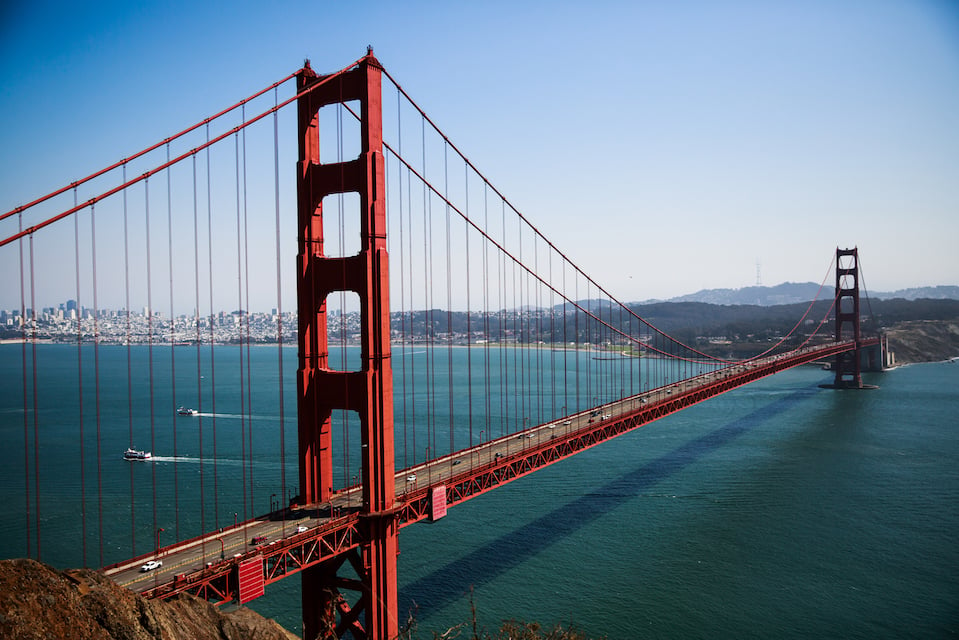https://www.sfchronicle.com/bayarea/article/clipper-card-bart-muni-18353828.php
Ricardo Cano Sep. 11, 2023
Starting next year, Bay Area transit riders won’t need a Clipper card to ride a train or ferry, and instead will be able to pass BART turnstiles or board Muni buses with the simple tap of a credit card.
The new contactless debit or credit card payment option launching in summer 2024 realizes a perk for the region’s riders that’s already enjoyed by New York and London riders. It’s among several new functions that will be included with an upgraded Clipper system most regional transit agencies use to charge fares.
The new payment option will be available across 22 Bay Area transit agencies, including AC Transit, Caltrain and the San Francisco Bay Ferry, according to the Metropolitan Transportation Commission, the region’s transportation planning agency.
Credit card payments will give Bay Area transit riders more choices for how to pay for fares. Last decade, most agencies switched to Clipper, the region’s universal transit card that allows users to tap card readers on buses and turnstiles to pay for trips.
The upgraded Clipper infrastructure is expected to work the same for contactless credit cards — simply tap a card reader to pay. The current blue Clipper cards will continue to work with the new system, as well.
Clipper cards have become the dominant way to pay transit fares in the region after BART in 2019 ditched the thin paper tickets that it utilized for decades. The Clipper system boasts a 95% customer satisfaction rating, according to the MTC, because it streamlines fare payments for an otherwise fragmented network of transit agencies.
Still, Clipper can be unintuitive for tourists or infrequent riders who aren’t aware that they must either pay a $3 fee for a physical card or download the Clipper app, and then use a personal credit card to load money into the card or account to ride BART.
“I often hear from people, ‘Oh, hey, I was just in name-your-European-country or New York City, and I didn’t need to get a (transit fare) card at all. It was fantastic,’ ” said Carol Kuester, MTC’s director of electronic payments. “Well, that option is coming here, too.”
Kuester said that riders who use credit cards to pay will “have all the benefits of a normal Clipper adult fare, including transfers and fare capping.”
Beyond the credit card payment option, other functionalities accompanying the upgraded Clipper will allow families to manage their Clipper cards in a single account. Transit agencies will also be able to offer discounts and promotions — such as, say, $1 rides or discounted rides during special events — that they can’t do under the current Clipper system.
Much more is riding on the new Clipper system.
The upgraded infrastructure is part of a broader effort by transit agencies to eliminate barriers to riding their buses, trains and ferries as they struggle to recoup their pre-pandemic ridership. At a time when some elected officials want the region to pursue consolidating transit agencies, the upgraded Clipper system will also be pivotal in transit officials’ push to integrate their varying fare structures.
An upgraded Clipper system is also necessary for BART to move forward with its board’s decision to institute a grace period before paying an “excursion fare.” Also known as the tourist fare, this $6.70 fare tends to catch BART riders off guard after they tap in at a station, discover delays, and then tap out to take other transportation modes.


I have my clipper card on my Apple Watch set to “express transit” mode. I just touch my watch to the gate reader. Don’t have to unlock or double click or anything. It’s instant. Def recommend